How to Prep for Industrial Disasters
One question many people ask but don’t know the answer to is how to prep for industrial disasters. Most people are prepared for natural disasters, but what about industrial? Over the past few decades, industrial disasters and chemical spills have only seemed to increase in magnitude and in frequency. The recent Ohio train derailment is just one of many unfortunate events that are the perfect example of this.
Industrial disasters are especially prone to happen following a major disaster, such as a tornado, hurricane, flood, or even a wildfire. Not only can they have a devastating impact on whole communities, but also on small businesses and large corporations in the area. There are times when they can be dangerous enough to cause a hazardous environment to the surrounding region.
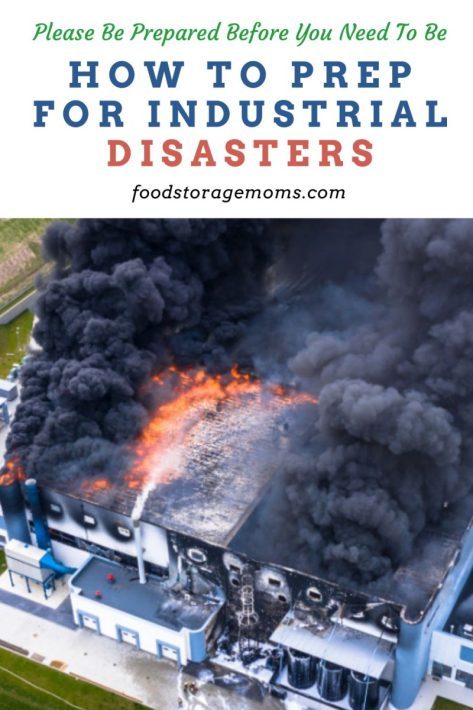
How to Prep for Industrial Disasters
Whether you work in an industrial building or happen to live or work close to one, it’s a good idea to understand how to be prepped and how to respond to an industrial disaster. The same goes if you live close to railroad tracks or rivers used as shipping lanes. Keep reading to find out what you can do beforehand and what measures you should take if you’re ever faced with that type of disaster. Crisis management can look different wherever you live, so it’s important to take safety precautions if you’re in what could become an impacted area.
Best Way to Prepare for an Industrial Disaster in the United States
While the chances of an industrial disaster taking place near your home are extremely low, that doesn’t mean that it could never happen. Accidents happen anytime, anywhere, and typically when they’re least expected. It’s better to have a safety plan in place than to be totally caught off guard. These are simple ways to prepare you and your family for an industrial disaster. In the event of an industrial accident, you’ll be glad you took the time to understand the issues and then prepare. Simple steps can make a huge difference in the event of an emergency:
- First and foremost, learn first aid. That way you know what to do if someone is experiencing burns on their skin or if you have a family member that is struggling to breathe.
- Make sure you know the exact location of the industrial buildings or factories in relation to your own home. Plan ahead to take advantage of the best exits from the area if you are directed to evacuate.
- If possible, create a safety plan with others living in your household and possibly in your neighborhood, and then practice it regularly.
- Keep all important documents and supplies ready and easily accessible in case you need to evacuate quickly.
- Stock up on food, water, medications, batteries, flashlights, and other essential items that will come in handy during this time. Again, have them ready to go in case you need to evacuate. Your best bet is to keep these items loaded up in storage containers. That way they can be moved quickly to your vehicle and you can leave your home quickly should you need to.
- Ensure that any hazardous materials are stored properly on your property according to guidelines given by the local fire department or government authorities.
- Make sure you’re aware of any emergency routes that may be available should evacuation become necessary. Notice how I say routes. You always need to have one or two backup plans for evacuation in case your main route is blocked, or closed, or there’s a traffic backup by something unforeseen.
- Consider getting your home an air purifier ahead of time. Your family will greatly benefit from one regardless if there’s ever a chemical spill or not.
- Finally, make sure that everyone in the family at home or office building where they work knows the appropriate emergency contacts in case of an industrial disaster.
How to Respond after an Industrial Disaster has Taken Place
There are a number of crucial steps that you should take following a chemical spill or industrial disaster that occurs nearby. Failing to follow them could end up causing serious bodily injuries, and possibly even death. It may even provide more time for the situation to get much worse, so be sure that you know what needs to be done:
- Don’t panic. Make your escape quickly and perpendicular to whatever direction the wind is blowing.
- Make sure to cover your face with a wet rag or handkerchief.
- If you feel irritation or a burn because you may have touched a chemical by accident, be sure to rinse off that area with cool running water for a few minutes.
- Should your eyes start to bother you, take your contacts out if you’re wearing them and flush your eyes with cool running water.
- Don’t drink water or consume any food that may have been contaminated while being left out in the open. Drink bottled water only during this time.
- Once you’ve reached a safe place, take a shower if possible, change into clean clothing, and be sure to wash your hands often.
- For those that are unable to evacuate, whether it’s an elderly, sick, or handicapped person, be sure to keep them in the house or building that you’re in while keeping the doors and windows tightly shut.
- Inform fire and emergency services to make sure they are aware of the situation as soon as it becomes known to you.
- Listen to public officials on TV or your local radio station for any updates or concerns that you may need to know about and respond to.
- Alert your family and friends to stay away from the affected area.
- Don’t return to your home unless the local authorities have given you the ok that it’s safe to return.
What are the most common types of oil spills?
Oil spills can originate in a number of different locations and circumstances. They aren’t always accompanied by an explosion or even a fire. They do generally cause problems for the environment and for wildlife and/or fish. Let’s discuss the more common types:
- In many instances, oil is transported by a series of pipelines. Due to the terrain, extreme weather conditions, shifting support soils, weak weld connections, punctures from auto, air, or train accidents, or possibly sabotage. The issue we hear most often is when the oil from the pipeline then drains into local water resources like creeks, rivers, lakes, and even the ocean. This causes death to the fish, birds, and other wildlife that rely on the water to survive.
- There can be a spill at the source where the raw oil or petroleum products are pulled from the ground using a pump or oil rig. There are hundreds of rigs scattered across the country from California to Louisiana and beyond, and even offshore in places like the Gulf of Mexico. One of the most well-known offshore oil spills and fires was the Deepwater Horizon incident in April 2010 in the Macondo Prospect area in the Gulf of Mexico. Although there were many survivors, the death toll amounted to 11 workers who died from the blast and fire before the rig sank. There were millions of barrels of oil spilled into the gulf with devastating effects on the whole region. One of the world’s largest oil producers, British Petroleum was held responsible for this disaster.
- At times the oil spill takes place at the refinery location before the refined products are put on rail cars, trucks, storage tanks, or for distribution through the pipeline network. These can be especially significant events due to the size of the refineries and all the flammable products onsite. There often are a series of explosions as fires spread throughout the facility.
- There can be oil spills at storage tank locations too, but not as often. The challenge with the tanks is that they are usually constructed close to the refinery, and if a fire does start as a result of the spill, the fires can spread to adjoining tanks and cause one of the worst industrial disasters you can imagine.
- In many cases, oil is transported by rail. If there is a failure in the railroad track system, the train derails due to an accident at a traffic crossing, or there are mechanical problems with one of the cars, the rail cars with the oil products can be ripped open and spill their contents. Oil is also transported by tankers, which are huge ships that can run aground, be hit by other ships, or have a fire onboard from any number of safety problems.
Are there more devastating industrial disasters than oil spills?
Probably one of the worst disasters was the meltdown of the reactor located at the Chornobyl Nuclear Power Plant in Ukraine in 1986. There was a steam explosion at the site due to poor reactor design and training protocol. The disaster prompted 350,000 people to be evacuated from the area, thousands of individuals diagnosed with cancer, and an environmentally contaminated region that will take decades to recover. Thank goodness modern technology has provided safety devices in current nuclear reactors that hopefully will make this disaster a never repeated event.
More Disaster Tips
- Should We Rebuild After Natural Disasters?
- 15 Steps To Prepare For A Disaster
- What Happens 72 Hours After Disasters
Final Word
So, if you’re wondering how to prep for an industrial disaster, these tips are good to learn, understand, and share with others! It’s important to remember that industrial disasters are usually rare, but knowing how to respond and prepare ahead of time will make sure you’re as safe as possible. Be sure to share this information with your friends and family if they live or work in an industrial area so that they can be better prepared too.
Often those responsible for industrial disasters are held accountable for their actions and required to pay large amounts to the victims by way of financial compensation. The challenge is, the estimate calculated to cover the cost of environmental harm in most of these disasters often is unrecoverable. Can you think of any other beneficial ways a person could prep for this kind of emergency? Have you ever heard of chemical accidents? How would you deal with it? I’d love to hear your thoughts! May God Bless this world, Linda
Copyright Images: Burnt Industrial Warehouse AdobeStock_266614289 By Lukasz Janyst

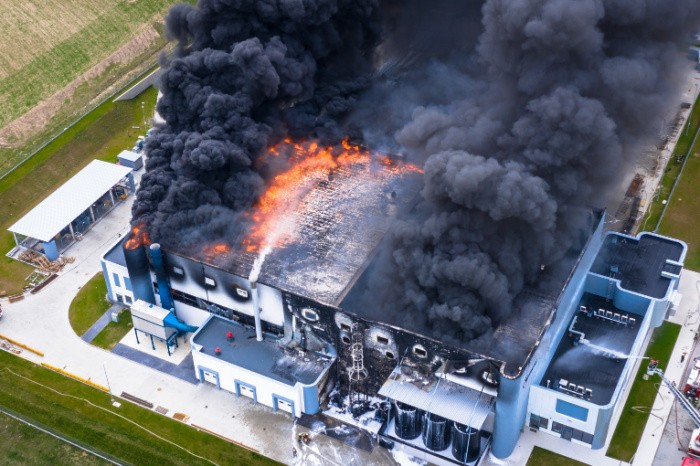

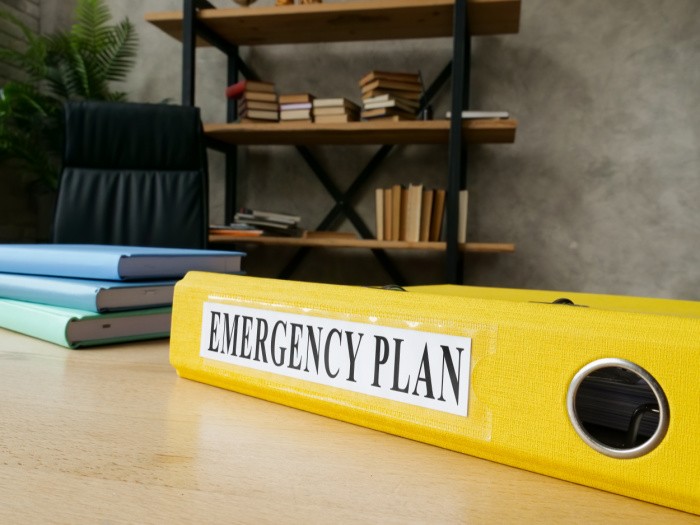
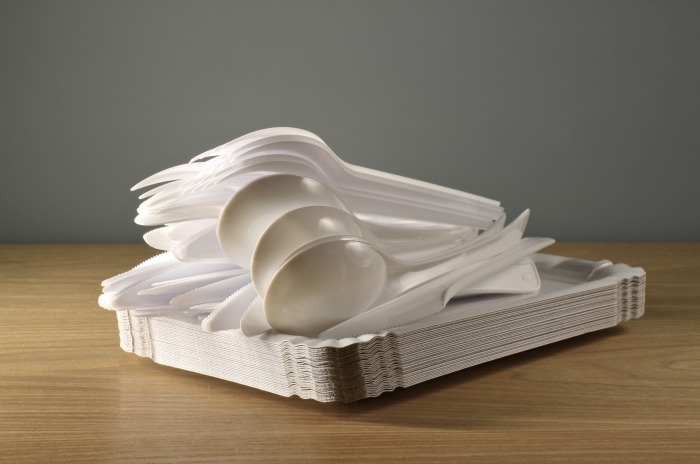
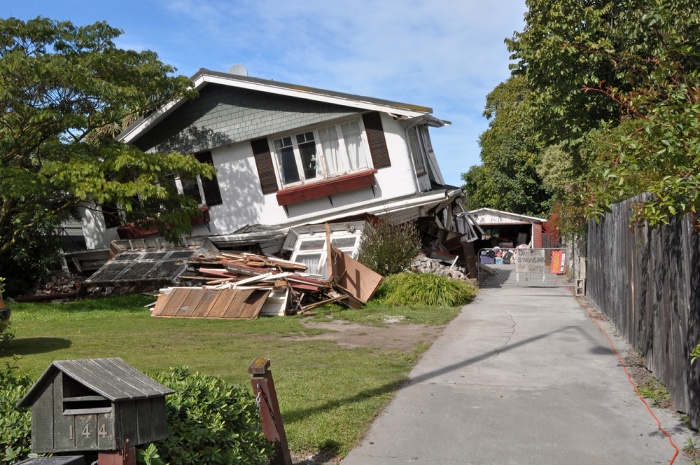

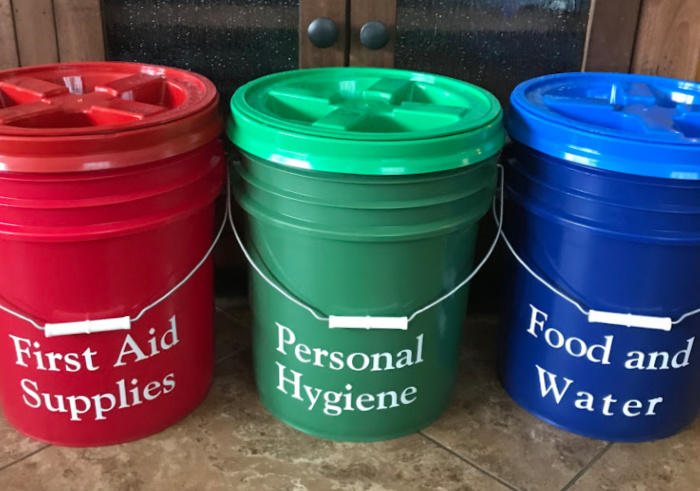
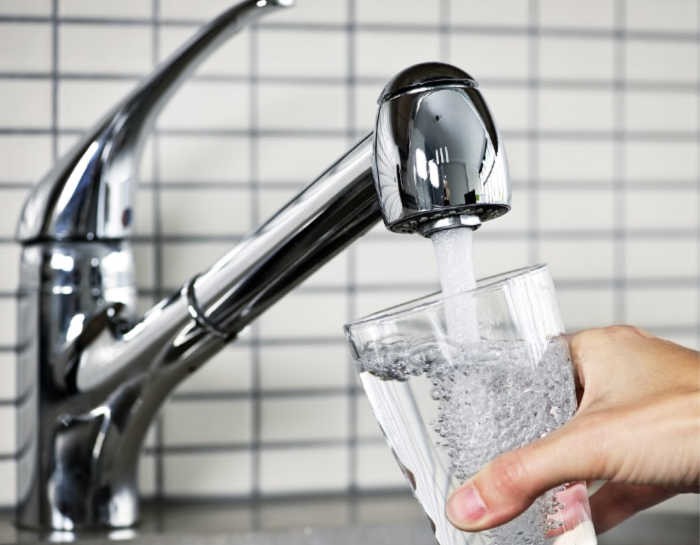

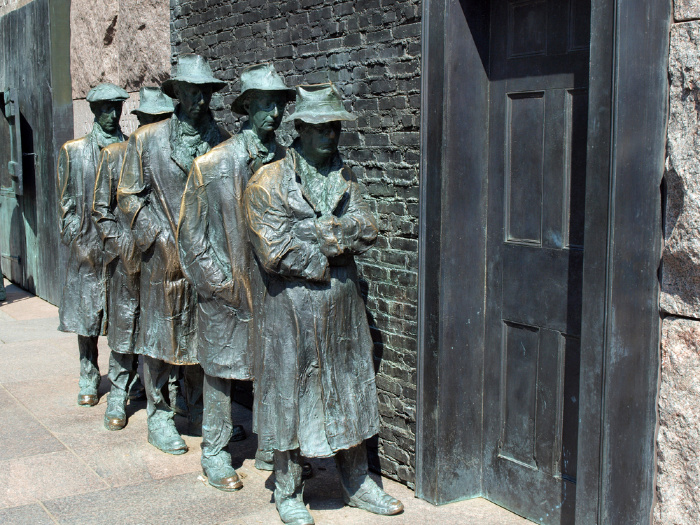
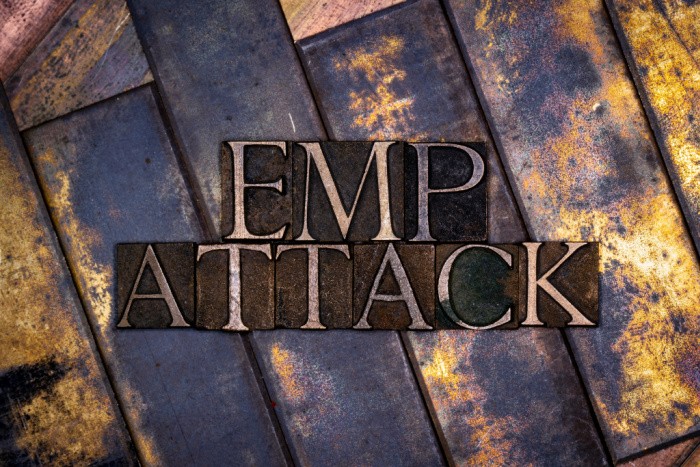



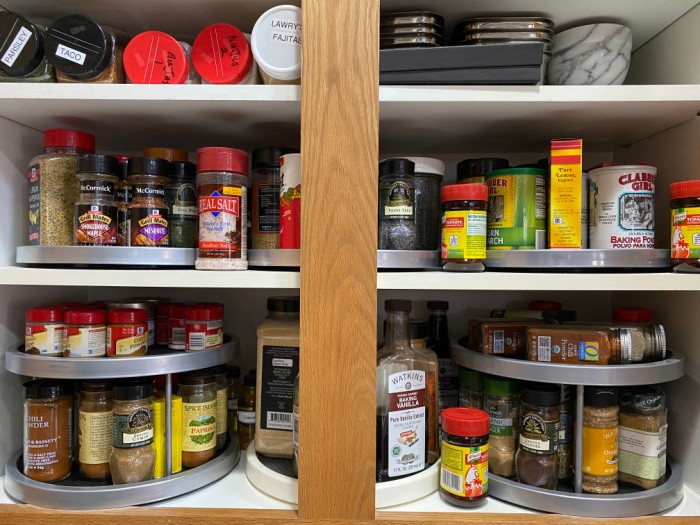
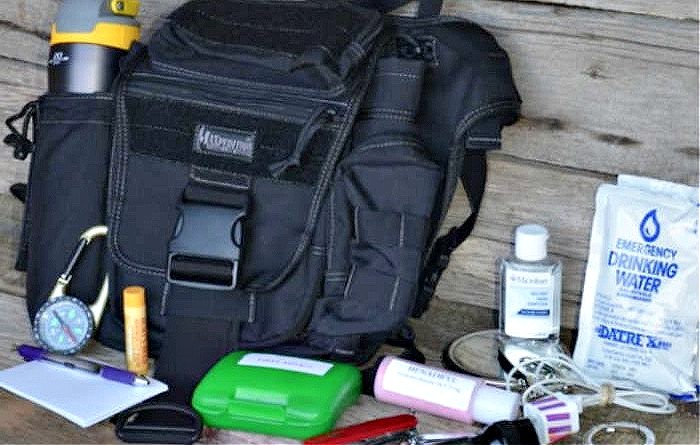

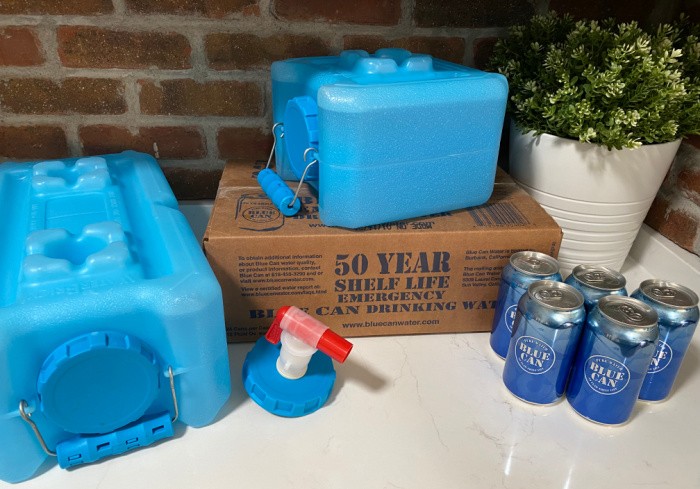
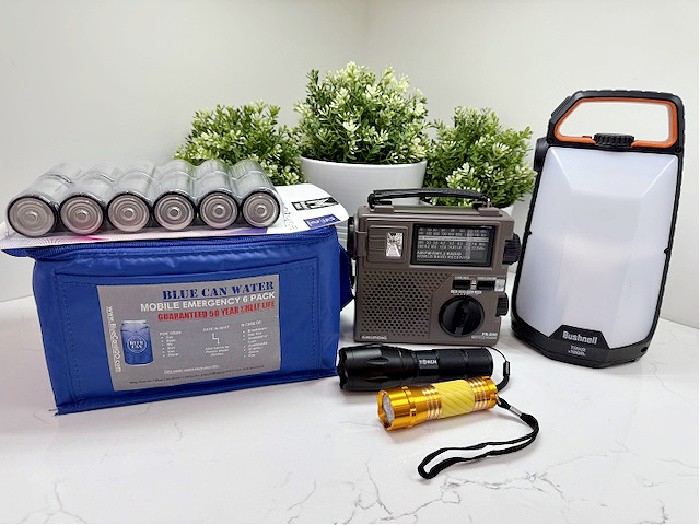
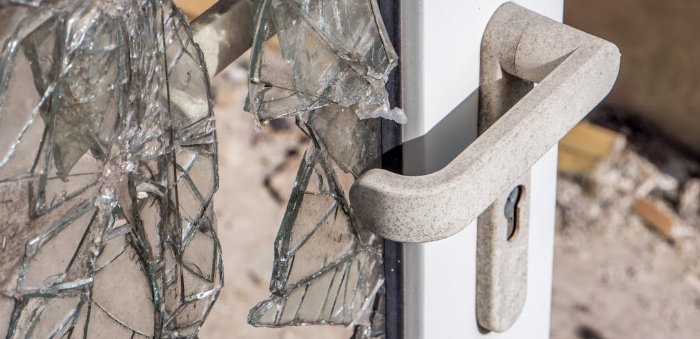

This is GOOD info. Not only do we need to be prepared for natural disasters but we are also responsible for being prepared for “other” disasters. Thanks for the info!
Hi Jess, thank you, my friend, for your kind words! Linda
I have enough duct tape and 6 mil plastic sheeting to cover all my windows and doors as well as create a barrier from the mud room/rear bathroom and the rest of the living space. This was in preparation for a volcanic eruption or other dust-type emergency, but it should work for some types of chemical incidents if bugging out isn’t strictly necessary.
Fortunately we don’t have forced air heating/cooling – just forced hot water baseboard heating, so no vents need to be closed off in the home. Special attention has to be paid to leaky parts of the home, like unfinished attic space and the basement bulkhead area. In almost all industrial accidents the furnace/air-con unit will need to be shut off to prevent damage to it or having it move contaminants into the home.
I’m lucky that the nearest railroad tracks are miles off and only used for commuter traffic these days, but the road I live on is actually a state numbered road so is heavily trafficked. So while I’ve never had to deal with an industrial spill near my house, it’s a definite possibility. Sigh.
Thanks for the reminder that these accidents don’t just happen to other folks on TV – it can happen to any of us.
HI DMWalsh, great comment! I like the idea of stocking up on 6 mil plastic sheeting and lots of duct tape! It does make us think about how close the train tracks or a major highway is, either one can be hazardous. Linda
So how much oxygen do you have once sealed?
The house was built in 1904, so no matter how well I seal the windows and doors, air will leak in. The plastic sheeting is to reduce the inflow of toxins so hopefully the HEPA filters can keep things breathable.
And to be pedantic, it’s not the lack of oxygen in a sealed space – its the accumulation of carbon dioxide that gets you. And no, I don’t have any CO2 scrubbers.
It is the lack of oxygen because it’s being replaced with CO2 in a closed off plastic sheeted taped room. I did the math for each room in a federal prison for the rate of chemical agent burn to ensure we didn’t overdue in an emergency. Rate of flow and rate of consumption. In this case rate of flow is bringing in contamination. Hepa filters on a home AC unit aren’t gonna cut it with most industrial chemicals. They are for allergens and have no type of filtration to stop that small ppm gas or vapor.
Adding a high CO2 on top of contamination isn’t helping. Using a fallout dust plan isn’t going to work. Bugging in no longer becomes a viable healthy option.
Evacuation is the answer.
Hi Matt, great comment. I have always stocked the plastic sheeting for power outages to keep the room warmer where we could stay warm with a small heater, like the My Buddy with the propane tank outside. I totally agree we would have to evacuate if the bugging is no longer safe. We keep having these derailments, it’s not safe to shelter in place if the chemicals are close to your home. Thanks for sharing your knowledge about the prison information. I love learning new things. Linda
I carry a protective (gas) mask in the truck. We’ve got more plus respirators at the house. There are things the NATO filter won’t stop. Ya gotta do research.
Use this as a reference to whats around you or traveling through
https://www.saferack.com/guide-hazmat-placards-un-numbers/
Hi Matt, you are so right about the masks. Thanks for sharing that link. I’m going to see if I can get a placard with those colors/terms. We see these on trucks and trains. Thank you, Linda
Our only industry is an oil refinery. It’s about 10 miles from our house. So far, we haven’t had any problems. But they have closer to it. They’ve had oil on houses and a spill that killed the grass. We do have places we can go from here. The refinery is east of us.
Hi Deborah, my point was really to make people aware of what may be near them that could become a disaster. That link Matt shared shows so much information. It sure seems like we are having more “spills” lately, or maybe I’m just more aware of them. Linda